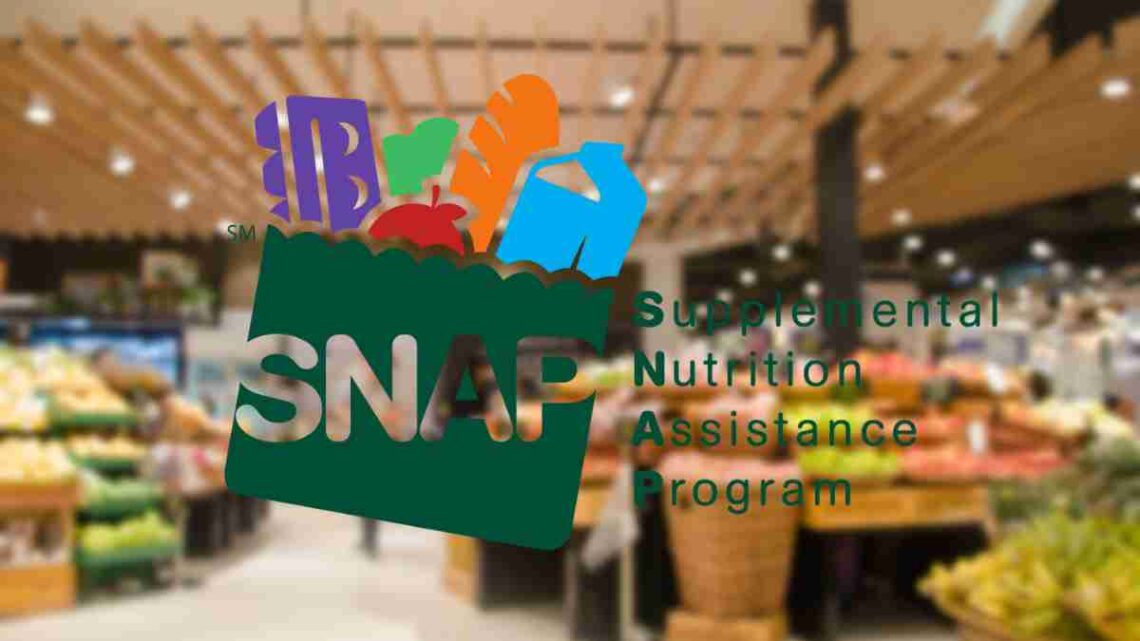SNAP Eligibility 2025: New Income and Work Requirements Explained
The Supplemental Nutrition Assistance Program (SNAP), often called food stamps, is a lifeline for millions of Americans, ensuring access to essential groceries and combating food insecurity nationwide. Managed by the Department of Agriculture (USDA), SNAP provides vital support for low-income individuals and families, offering financial assistance to purchase necessary food items.
With anticipated updates to eligibility requirements for 2025, staying informed about these changes is critical for current and potential recipients.
How SNAP Works and Why It Matters
SNAP plays a crucial role in reducing hunger and improving nutrition for vulnerable populations, including children, seniors, and individuals with disabilities. Benefits are tailored to each household’s unique needs, taking into account size, income, and specific circumstances.
Each year, the USDA reviews and adjusts eligibility criteria, such as income thresholds and work requirements, to reflect inflation and economic conditions. The updates for 2025 may include significant changes to both qualification standards and benefit amounts.
Eligibility Requirements for SNAP in 2025
To apply for or maintain SNAP benefits in 2025, households must meet several criteria:
- Income Limits: Gross household income must not exceed 130% of the federal poverty level, and net income must fall below specific thresholds. These limits vary based on household size and are reviewed annually.
- Residency: Applicants must live in the state where they apply and must be U.S. citizens or hold an eligible immigration status.
- Household Composition: Factors like the number of members and their characteristics—such as age or disability—affect benefit calculations.
- Work Requirements: Able-bodied adults of working age must meet employment or job training requirements. Some exemptions exist for specific groups, like seniors or individuals with disabilities.
- Asset Limits: Assets like bank accounts and property are considered, although certain groups (e.g., seniors or disabled individuals) may be exempt.
- Documentation: Applicants need to provide proof of income, residency, household composition, and other relevant details.
Meeting these criteria is essential but does not automatically guarantee approval, as applications undergo a thorough review process.
Special Considerations and Additional Benefits
SNAP also offers specialized support for specific populations:
- Pregnant Women: May receive additional benefits to ensure proper prenatal nutrition.
- Veterans: Some veterans and their families may qualify for extended benefits.
- State-Specific Initiatives: Many states offer unique programs, such as incentives for purchasing fresh produce at local markets.
These tailored benefits aim to address the diverse needs of recipients and encourage healthier eating habits.
Preparing for SNAP Changes in 2025
The USDA’s annual updates may include adjustments to income thresholds, work requirements, and allowable assets. Here’s how to prepare:
- Review Eligibility: Regularly assess your household’s income, composition, and other factors to ensure you meet the updated criteria.
- Report Changes: Notify your state SNAP office promptly if there are significant changes in your circumstances, such as new employment, a new household member, or a relocation.
- Stay Informed: Keep track of announcements from the USDA and your state’s SNAP program regarding 2025 changes.
How to Get Help with SNAP
If you need assistance understanding or applying for SNAP, your local SNAP office can provide guidance. Online resources are also available, offering tools to help determine eligibility and navigate the application process.
SNAP is designed to support those facing financial challenges. If you think you might qualify, applying could provide essential assistance for your household. By staying informed about the program and its updates, you can ensure access to the resources you need for greater stability and nutrition.
For more information, visit the USDA’s website or contact your local SNAP office.





